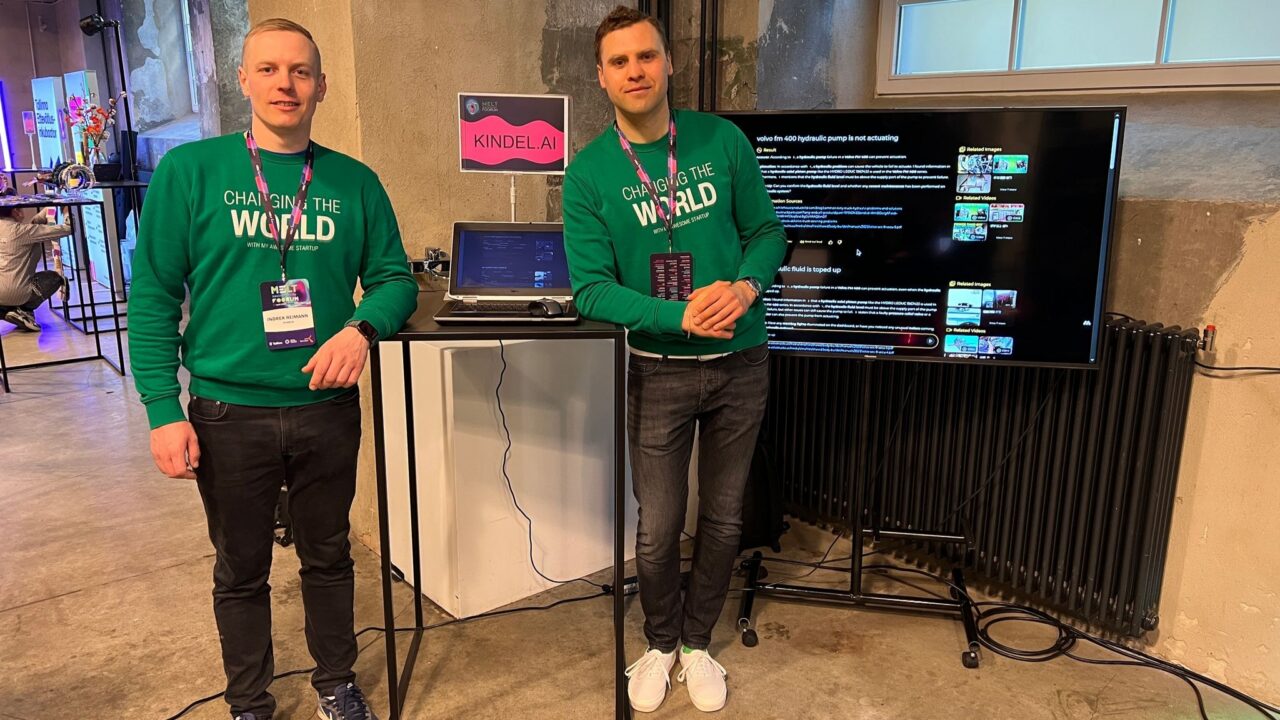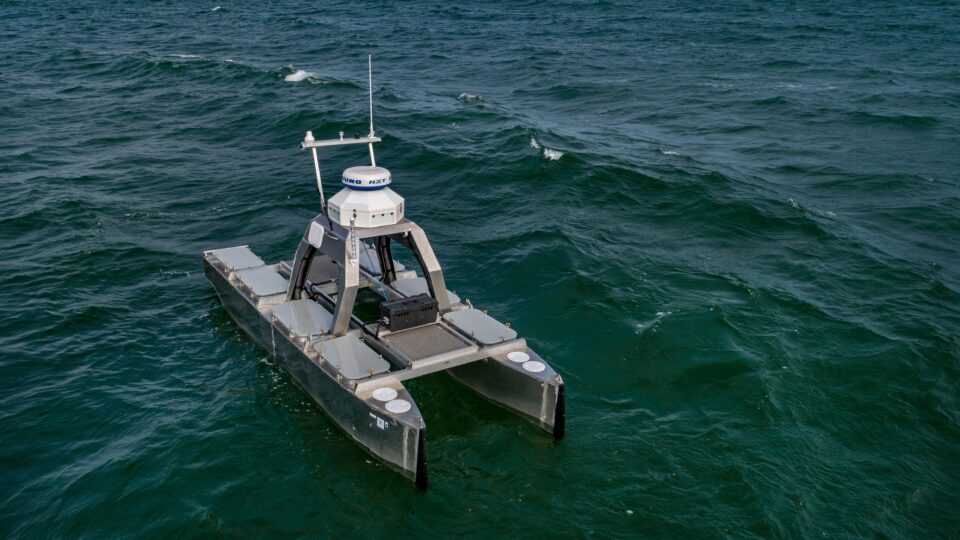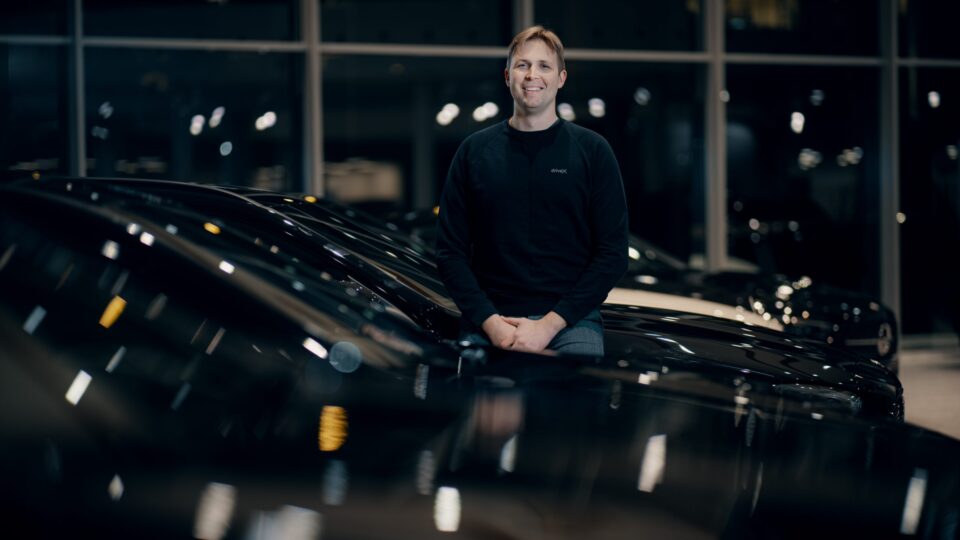KindelAI is currently participating in the Tehnopol Startup Incubator accelerator and the Zebra ScaleUp program. The aim is to develop and scale a smart AI assistant that helps the mechanics of the future quickly and accurately get to the root of the problem.
When knowledge becomes a product
Aksjonov is one of those researchers who decided to take the results of his scientific work beyond the world of academic publications and turn them into something applicable in real life. As a TalTech alumnus, he completed an industrial PhD, focusing on how artificial intelligence could improve human–machine interaction in the automotive industry.
Although KindelAI wasn’t founded directly on the basis of his doctoral thesis, the company was designed to work within the same field and with the same technologies. Aksjonov admits that the desire to turn his expertise into something tangible emerged even before he defended his degree. In his view, research doesn’t need to be carried out in isolation–it should help solve real-world problems with real-world impact.
He believes Estonia has a strong academic foundation, but the applied mindset still has room to grow. “An industrial PhD is a great way to give knowledge a pair of legs, so to speak. You’re not just working for academic recognition–you’re also solving concrete problems for a company or an entire industry.”
“An industrial PhD is a great way to give knowledge a pair of legs, so to speak. You’re not just working for academic recognition–you’re also solving concrete problems for a company or an entire industry.”
The idea for KindelAI started to gain traction when Aksjonov met Indrek Reimann–a mechanic with over a decade of experience managing car repair shops, who later became the company’s co-founder. Reimann’s experience brought a key industry pain point into focus: diagnostic processes are time-consuming, depend heavily on the mechanic’s individual experience, and often lack precision and systematization.
The two began to develop the idea of a tool that would help mechanics make faster and more accurate decisions. KindelAI is the result–a company where practical workshop experience meets a science-based approach, offering a solution that can detect vehicle faults up to 200 times faster than traditional diagnostics.
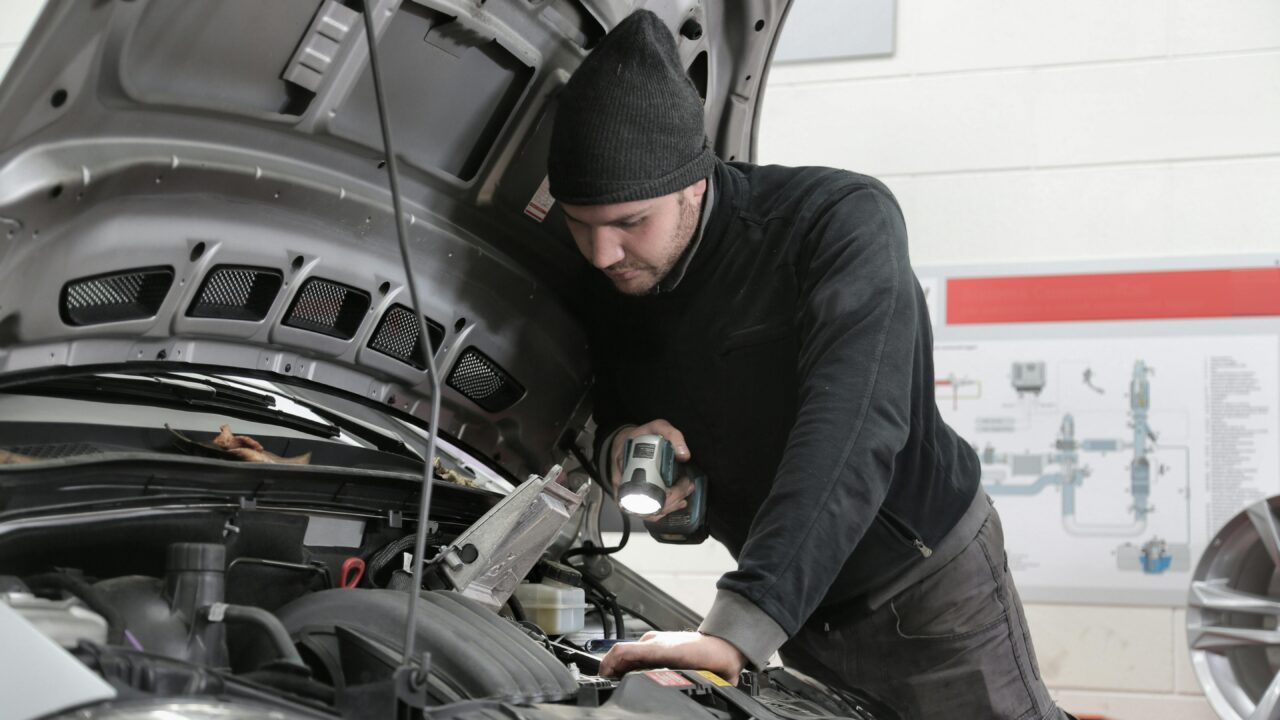
KindelAI sheds light on what was previously hidden – artificial intelligence helps detect faults before they reach the driver or the repair shop. Photo: Pexels
Why not Estonia?
While KindelAI was founded in Estonia, its primary target market is the United States. The Estonian auto repair market is fragmented and oversaturated–there are many garages, but often too little work. As a result, local companies feel less pressure to automate their processes. In the U.S., the situation is the opposite: workloads are high, mechanics are in short supply, and every minute saved counts. That’s where KindelAI’s solution is needed most.
But beyond workload, mindset plays an even more critical role. The European market tends to adopt new technologies more slowly, preferring thoroughly tested and standardized solutions.
In the U.S., there’s much more openness–partially developed solutions are valued, as long as they offer practical benefits. This kind of flexibility has enabled many rapid AI success stories. “In the U.S., there’s a very positive attitude toward artificial intelligence. They don’t wait for perfection–they look for practical value. If they see that AI helps, they’ll adopt it–even if it’s not 100% accurate yet,” Aksjonov explained.
“In the U.S., there’s a very positive attitude toward artificial intelligence. They don’t wait for perfection–they look for practical value. If they see that AI helps, they’ll adopt it–even if it’s not 100% accurate yet.”
Although AI-driven startups often generate strong interest among investors, funding is far from guaranteed. KindelAI has already engaged with a number of potential investors–some reached out to the company directly, while others were approached by the team.
Expectations vary widely. Investors who already have generative AI companies in their portfolios tend to understand the complexity of the field and see the potential. Others, more familiar with traditional SaaS models, may feel less comfortable in the AI space. “Investor interest depends heavily on their previous experience and focus,” Aksjonov noted.
KindelAI is not building its solution on existing platforms or toolkits. Instead, the team is developing the system entirely in-house–from the ground up. This means they don’t rely on external APIs that “borrow” ready-made capabilities from major AI providers like OpenAI or Google, but rather build their own logic and functionality. This approach allows greater control and flexibility, but it also demands significantly more resources–including powerful computing infrastructure and skilled developers. That’s why KindelAI has launched a funding round to raise €1.2 million, aiming to grow the team and accelerate product development.
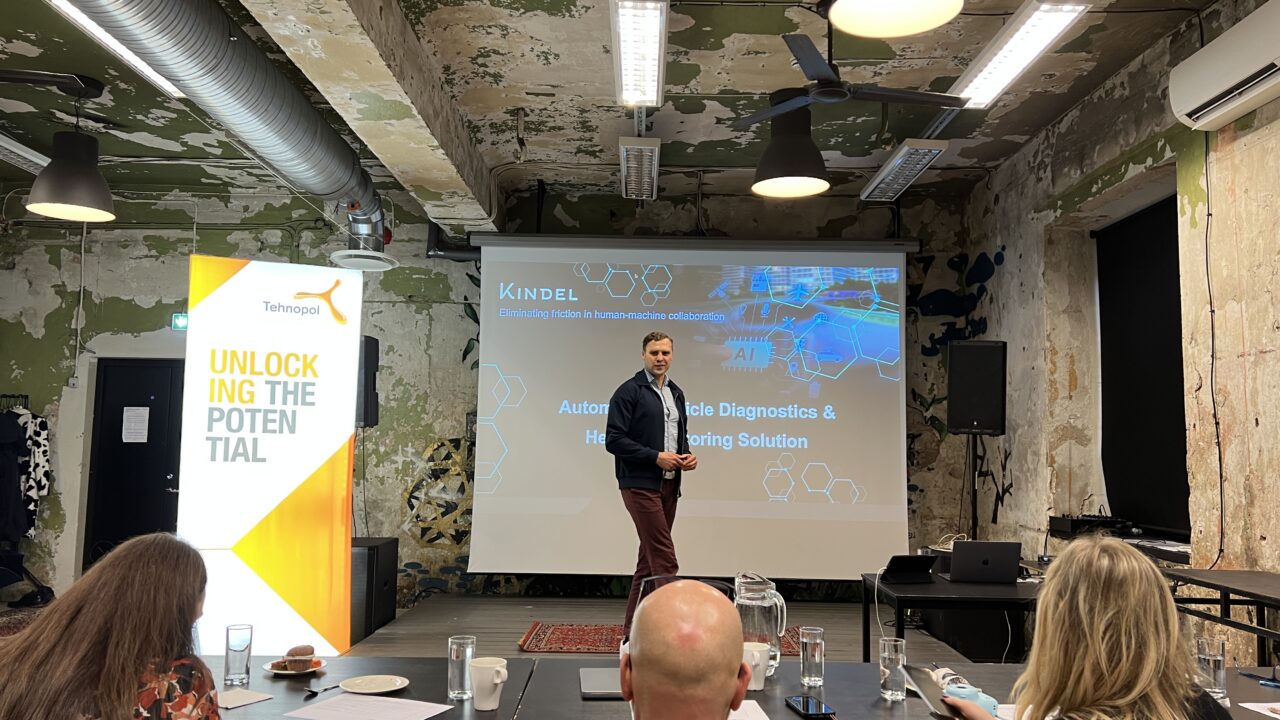
According to KindelAI founder Andrei Aksjonov, the industrial PhD helped bridge deep expertise with a real-world problem. Photo: Private collection
A car that talks to you
KindelAI is currently testing its prototype with customers in the United States, the United Kingdom, Finland, and Estonia. At this stage, the users are mechanics–specialists who need to identify faults quickly and accurately. But the company’s long-term vision goes beyond the workshop: in the future, the AI will move into the car itself, with the end user being the vehicle owner.
In this vision, the AI model is not just a one-time diagnostic tool but a continuous companion that learns the vehicle’s behavior over time–monitoring patterns, collecting data, and detecting anomalies early on.
Instead of simply answering the question “what’s wrong?”, the AI will offer preventive advice. For example, it might recommend replacing a sensor when wear patterns suggest an issue is beginning to emerge. If the driver acts early, the cost might be just €100. But if they wait until a full system failure occurs, the repair bill could multiply. “We want every car to have a smart co-driver–someone who listens, observes, and warns before anything actually breaks,” said Aksjonov.
“We want every car to have a smart co-driver–someone who listens, observes, and warns before anything actually breaks.”
In essence, KindelAI makes visible the part of the car that has long been a black box to the driver.
What’s more, the same technology can be applied far beyond the automotive world. “Cars, ships, airplanes, tractors–they all follow the same laws of physics. Our solution isn’t limited to one machine–it can be adapted to the entire industrial machinery ecosystem.”

